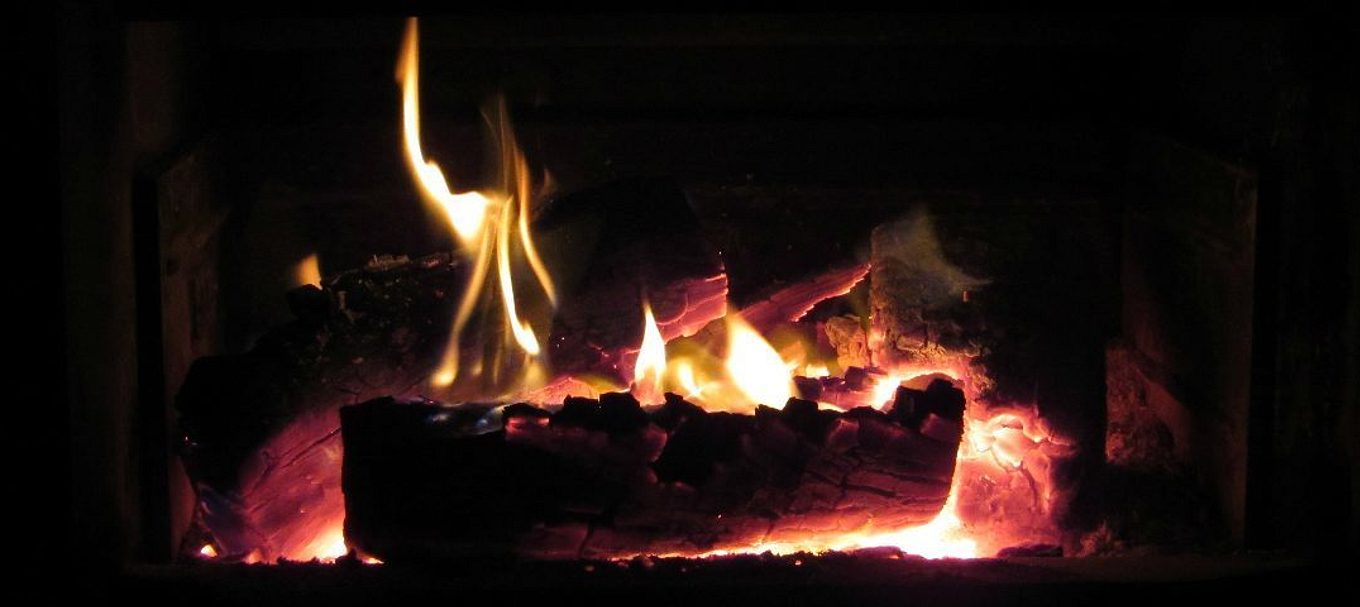
Handy tips for collecting firewood
As the nights get colder, nothing is as comforting as settling down in front of a crackling fire.
The only problem is that buying wood from the hardware shop or getting a delivery from the local wood yard can be expensive.
No-one will mind if you just collect a bit for free in a national park, right?
Wrong.
It’s illegal to take wood from national parks and reserves, even if the wood is dead or fallen.
If you are caught, you face fines of up to $10,000 or imprisonment for 2 years. You can also have your equipment seized. In the past, rangers have confiscated chainsaws and other gear from people caught illegally taking wood in parks.
The same goes for all public land, including reservoir and forest reserves.
Why are dead trees and fallen wood so important?
Dead trees and fallen branches provide vital habitat for a range of native species, including birds, possums, reptiles, insects and even other plants and fungi.
Tree holes and hollows in particular are extremely important, but they can take many years to form.
Once they do, they provide nesting and sleeping places for brush-tailed possums, goannas, and birds such as yellow-tailed black cockatoos, kookaburras and rosellas.
Some native bird species cannot breed without the right sort of holes or hollows to nest in, so the reduction in the number of old trees in the landscape has had a serious impact on their numbers.
Fallen wood can also provide hiding places and food sources for small animals such as echidnas, bats, dunnarts, pygmy possums, geckoes and other lizards.
As climate change places more stress on natural environments, it’s more important than ever to protect the habitats that help wildlife survive and adapt. Something as simple as leaving fallen wood where it is can make a big difference.
Stay in the know: Sign up to get updates from DEW, straight to your inbox!
Firewood and the environment
Wood fires are a cosy winter tradition, but they’re not the cleanest way to stay warm. Burning wood releases smoke and greenhouse gases, which contribute to air pollution and climate change. To reduce your impact:
- Burn dry, well-seasoned wood – it burns hotter and cleaner
- Use an efficient wood heater that meets current emissions standards
- Only light fires when you really need them – and keep them small.
Even small changes can help lower emissions and keep local air cleaner through winter.
Where can I collect firewood?
There are a few ways to collect firewood legally:
- By agreement on private land. Know someone with a rural property with lots of trees? If you ask nicely, they might let you help yourself to some dead wood.
- On some road verges, if you have a permit from the council. Check with the council to find out their policy on firewood collection.
- In some ForestrySA plantation forests, but only by agreement with the ranger.
Still unsure? Contact your local council regarding the removal of trees on private property or your local landscape board for further information.





